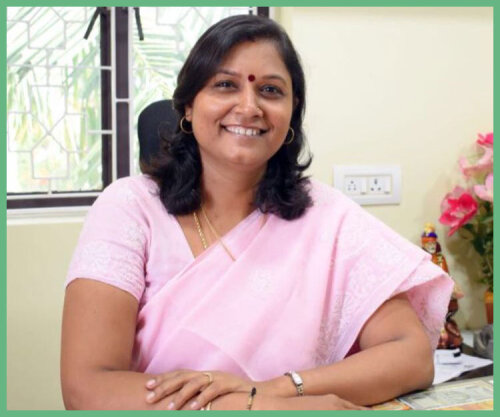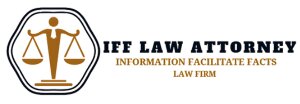Best Patent Lawyers in Chennai
Share your needs with us, get contacted by law firms.
Free. Takes 2 min.
List of the best lawyers in Chennai, India
About Patent Law in Chennai, India
Patent law in Chennai, India is a branch of intellectual property law that provides legal protection for inventions. A patent is a grant from the government that gives the inventor exclusive rights to use, make, or sell their invention for a certain period of time. In Chennai, the Patent Office is responsible for granting patents and ensuring that they meet the criteria for patentability.
Why You May Need a Lawyer
Hiring a lawyer who specializes in patent law can be beneficial in various situations, such as:
- If you have an invention and want to protect it by obtaining a patent
- If you need to conduct a patent search to determine the patentability of your invention
- If you want to file for a patent and need assistance with the application process
- If you believe someone has infringed upon your patent rights and you need to take legal action
- If someone accuses you of patent infringement and you need to defend your rights
Local Laws Overview
Patent law in Chennai, India is primarily governed by the Patents Act, 1970. Some key aspects of the local laws relating to patents include:
- Patentability Criteria: To be patentable, an invention must be new, involve an inventive step, and have industrial applicability.
- Patent Office: The Patent Office in Chennai is responsible for granting patents and maintaining the patent register.
- Patent Application Process: The process includes filing an application, examination by the Patent Office, publication, and finally, the grant of a patent.
- Patent Term and Renewal: The term of a patent is 20 years from the date of filing, and renewal fees must be paid to maintain the patent in force.
- Patent Infringement: If someone uses, makes, or sells an invention without the patent holder's permission, it may be considered patent infringement.
Frequently Asked Questions
1. Can I patent software or computer programs in Chennai, India?
Yes, software or computer programs can be patented in Chennai, India if they meet the patentability criteria of novelty, inventive step, and industrial applicability. However, mere algorithms or mathematical methods cannot be patented.
2. How long does it take to obtain a patent in Chennai, India?
The process of obtaining a patent in Chennai, India can vary depending on various factors. On average, it takes around 3 to 5 years or even longer due to the examination process and backlog of pending applications.
3. Is it necessary to hire a patent lawyer to file a patent application?
While it is not mandatory to hire a patent lawyer, it is highly recommended. Patent law can be complex, and a lawyer can help navigate through the application process, ensure proper documentation, and increase the likelihood of success.
4. What are the rights granted by a patent in Chennai, India?
A patent grants the inventor exclusive rights to use, make, sell, or import the patented invention in Chennai, India. These rights are valid for 20 years from the date of filing the patent application.
5. Can I challenge the validity of a granted patent in Chennai, India?
Yes, it is possible to challenge the validity of a granted patent in Chennai, India. The patent can be opposed or revoked through appropriate legal procedures if it is found to lack novelty, inventive step, or industrial applicability.
Additional Resources
- Intellectual Property Office of India (https://www.ipindia.gov.in/)
- The Patent Office, Chennai (https://www.ipindia.gov.in/chennai-patent-offices.htm)
- Indian Patent Association (https://www.ipa-india.org/)
Next Steps
If you require legal assistance in patent matters in Chennai, India, it is advisable to consult with a qualified patent lawyer. They can provide personalized advice based on your specific situation and guide you through the legal processes involved in obtaining and protecting your patent rights.
Lawzana helps you find the best lawyers and law firms in Chennai through a curated and pre-screened list of qualified legal professionals. Our platform offers rankings and detailed profiles of attorneys and law firms, allowing you to compare based on practice areas, including Patent, experience, and client feedback.
Each profile includes a description of the firm's areas of practice, client reviews, team members and partners, year of establishment, spoken languages, office locations, contact information, social media presence, and any published articles or resources. Most firms on our platform speak English and are experienced in both local and international legal matters.
Get a quote from top-rated law firms in Chennai, India — quickly, securely, and without unnecessary hassle.
Disclaimer:
The information provided on this page is for general informational purposes only and does not constitute legal advice. While we strive to ensure the accuracy and relevance of the content, legal information may change over time, and interpretations of the law can vary. You should always consult with a qualified legal professional for advice specific to your situation.
We disclaim all liability for actions taken or not taken based on the content of this page. If you believe any information is incorrect or outdated, please contact us, and we will review and update it where appropriate.












